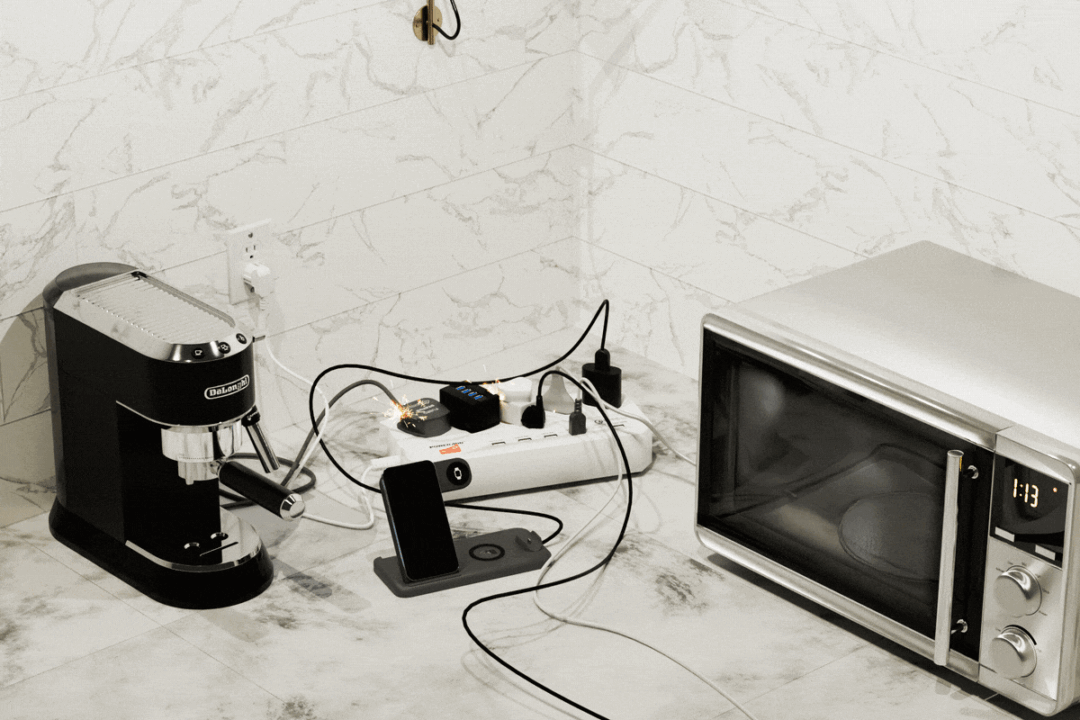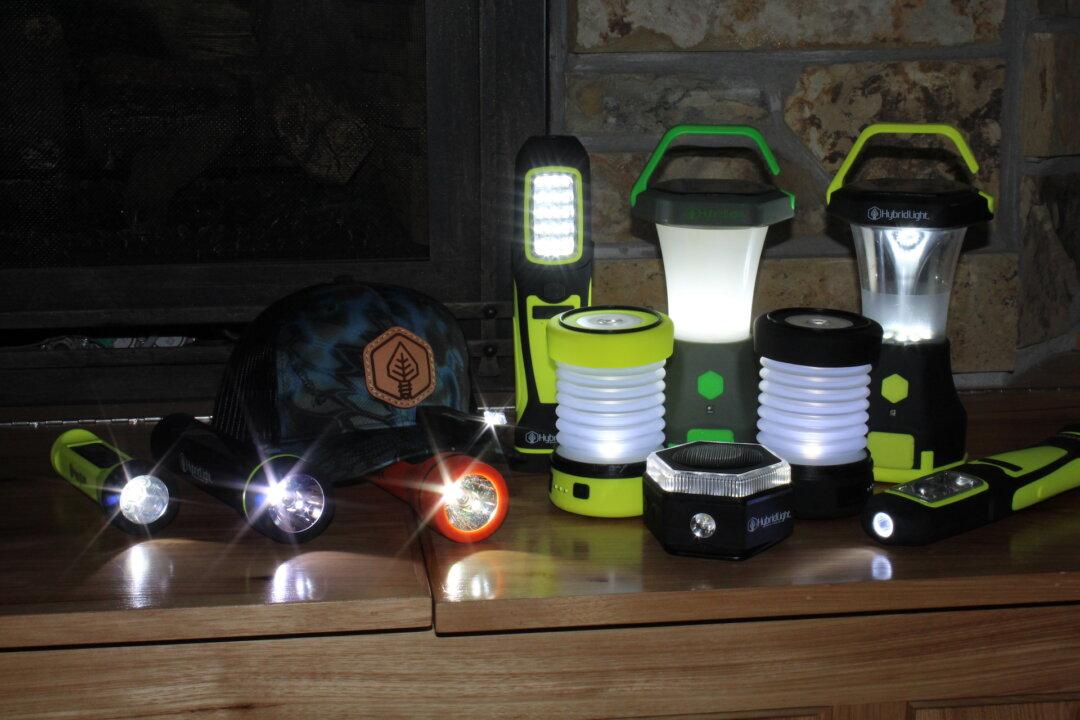Being efficient is a worthy goal in business and personal life, and it comes down to the ability to complete a project quickly and well. The ability to be consistently efficient is possibly the largest hurdle.
Creating a To-Do List
The trick to getting more things done at home or at work is to be more efficient, which may be easier than expected. It all begins by creating a plan and sticking to it. The first step when there is more than one goal awaiting completion is to make a to-do list, arranging tasks in terms of priority, with easily-completed or fun assignments interspersed around those requiring more time and effort. A list helps reinforce focus and can take the form of a spreadsheet, a legal pad, or a whiteboard. Some very effective workers start each day by compiling a list to be completed that day. By refreshing the list on a legal pad daily, not only are completed items crossed off, but attention is also drawn to every single item, bringing it to the forefront, even if only briefly, rather than remaining lost in the clutter. When the list is in the form of a spreadsheet, it can be easy to overlook some tasks. Even the few minutes required to write down every single task trigger full attention to each one, which may well spark an inspiration for how to recategorize that item from hard to easy, time-consuming to quick, daunting to “this will be a breeze.” Another plus of using a legal pad is its portability, as it can be carried from place to place, consulted during lunch, or while in a meeting. A whiteboard is an alternative to a legal pad if the list isn’t overly long or you want to focus on high-priority projects. Some folks use a large whiteboard to list tasks due that week and a smaller one to keep track of that day’s priorities. There is a large sense of satisfaction to be had when crossing off completed tasks.
Block out distractions to focus on what needs to be done.Dean Drobot/Shutterstock






